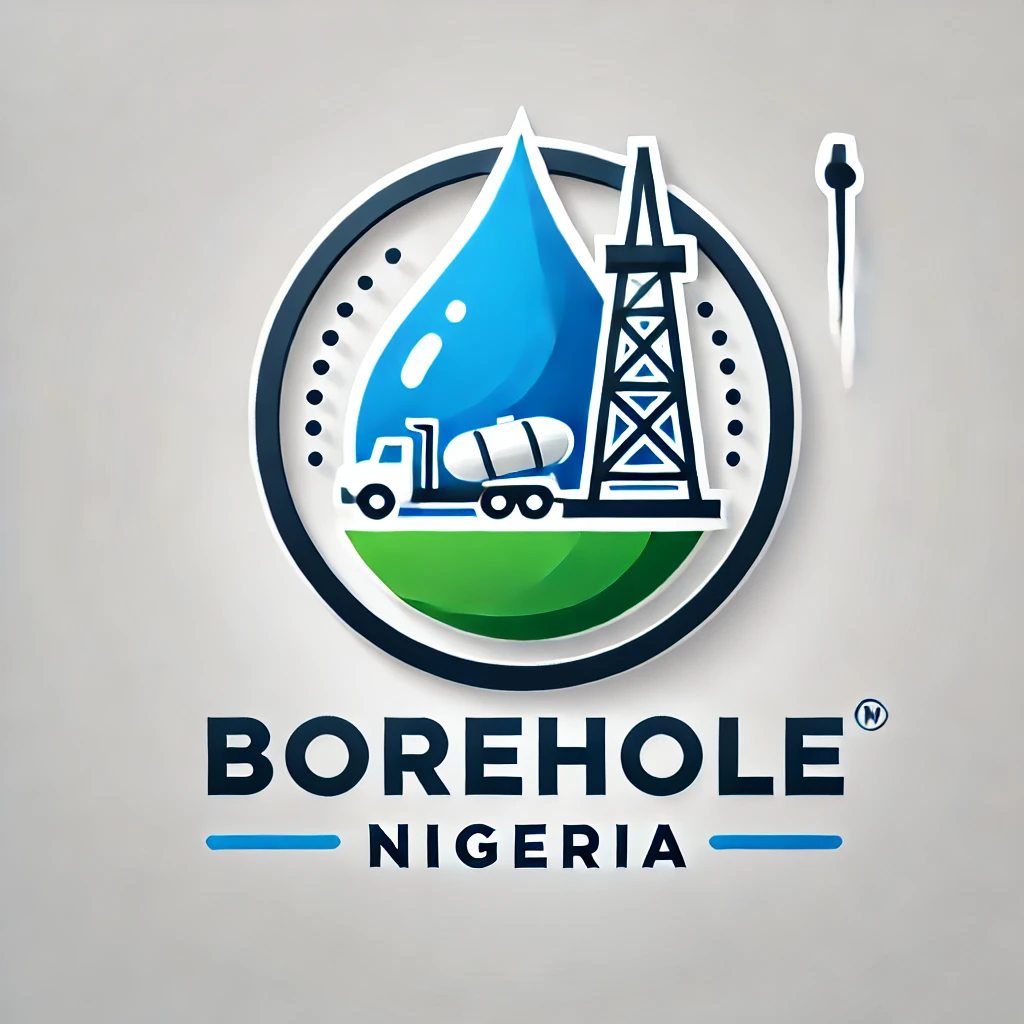Drilling a borehole is an investment that pays off in many ways, from ensuring a reliable water supply to increasing property value. If you’re considering borehole drilling in South Africa, understanding the costs involved is crucial. The price can vary significantly depending on factors like location, depth, and the geological conditions of the drilling site. Let’s break down the key components that affect the cost of borehole drilling in South Africa.
1. Initial Site Assessment
Before any drilling begins, a professional assessment of the site is necessary. This involves hiring a hydrogeologist to conduct a survey to determine the best location for drilling and the expected depth to reach a sustainable water source. This preliminary step is essential for successful drilling and avoiding unnecessary costs.
- Cost Estimate: A site assessment can cost between R3,000 to R15,000 depending on the size of the area and complexity of the geological survey.
2. Drilling Costs
Drilling is the most significant part of the total cost, and it varies based on several factors:
- Depth of the Borehole: The deeper the borehole, the more expensive the drilling process. Most boreholes in South Africa range from 30 to 150 meters deep, with the depth dependent on the underground water table.
- Geological Conditions: Soft soil or sandy areas are cheaper to drill than rocky terrains, which require more robust and expensive equipment.
- Cost Estimate: The cost per meter of drilling ranges between R600 and R1,500. Therefore, a 50-meter borehole might cost anywhere from R30,000 to R75,000, while a 100-meter borehole could range from R60,000 to R150,000.
3. Casing and Lining
Once drilling is complete, the borehole must be lined with casing to prevent collapse and contamination. The casing material (usually PVC or steel) and the type of soil or rock encountered will determine the cost. Steel casing is more durable but more expensive than PVC.
- Cost Estimate: The cost of casing can vary from R200 to R600 per meter, which means an additional R10,000 to R30,000 for a 50-meter borehole.
4. Water Testing and Yield Analysis
After the borehole is drilled and cased, it’s crucial to conduct water quality testing and yield analysis. This ensures that the water is safe for use and that the borehole can produce a reliable supply of water.
- Cost Estimate: Water testing costs range from R2,000 to R5,000 depending on the number of contaminants being tested and the complexity of the water analysis.
5. Pump Installation
Installing a pump is necessary to draw water from the borehole. The type of pump (submersible or surface) and its power rating (measured in kilowatts) depend on the borehole’s depth and yield capacity. Submersible pumps are more commonly used for deeper boreholes.
- Cost Estimate: Pump installation, including the pump, can cost between R10,000 to R30,000 for a standard borehole.
6. Electrical Connections and Plumbing
Connecting the borehole to an electrical supply and installing the required plumbing is another crucial step. This involves trenching, wiring, and pipework to connect the pump to your water storage or distribution system.
- Cost Estimate: Electrical and plumbing work can cost an additional R5,000 to R15,000 depending on the complexity and distance to the main water storage system.
7. Water Storage and Filtration Systems
To ensure a reliable water supply, especially in areas with inconsistent water quality or yield, installing a water storage tank and filtration system is recommended. The tank size (ranging from 1,000 liters to 10,000 liters) and the type of filtration system will affect the price.
- Cost Estimate: A complete water storage and filtration system can range from R10,000 to R40,000.
8. Total Cost Estimate for Borehole Drilling in South Africa
Considering all these factors, the total cost of drilling and equipping a borehole in South Africa can range from R80,000 to R200,000 or more, depending on depth, geological conditions, and specific site requirements.
9. Additional Considerations
- Maintenance Costs: Regular maintenance is crucial to ensure the borehole’s longevity and water quality. This includes annual inspections, pump servicing, and occasional water testing. Annual maintenance costs can range from R1,000 to R5,000.
- Regulatory Compliance: In some municipalities, drilling a borehole may require specific permits or environmental impact assessments. Ensure you check local regulations to avoid fines or legal issues.
- Seasonal Variations: Drilling costs can fluctuate based on demand and season. It is often more cost-effective to plan drilling during off-peak seasons when demand is lower.
Conclusion
Investing in a borehole can provide a sustainable water supply for residential, agricultural, or commercial use in South Africa. While the initial costs can seem high, the long-term benefits of having a reliable, self-sufficient water source often outweigh the investment. If you’re looking for professional borehole drilling services, be sure to get multiple quotes from reputable providers, and always ensure they include all necessary steps in their pricing to avoid hidden costs.
By understanding the various costs involved, you can better plan your budget and ensure a smooth drilling process.
